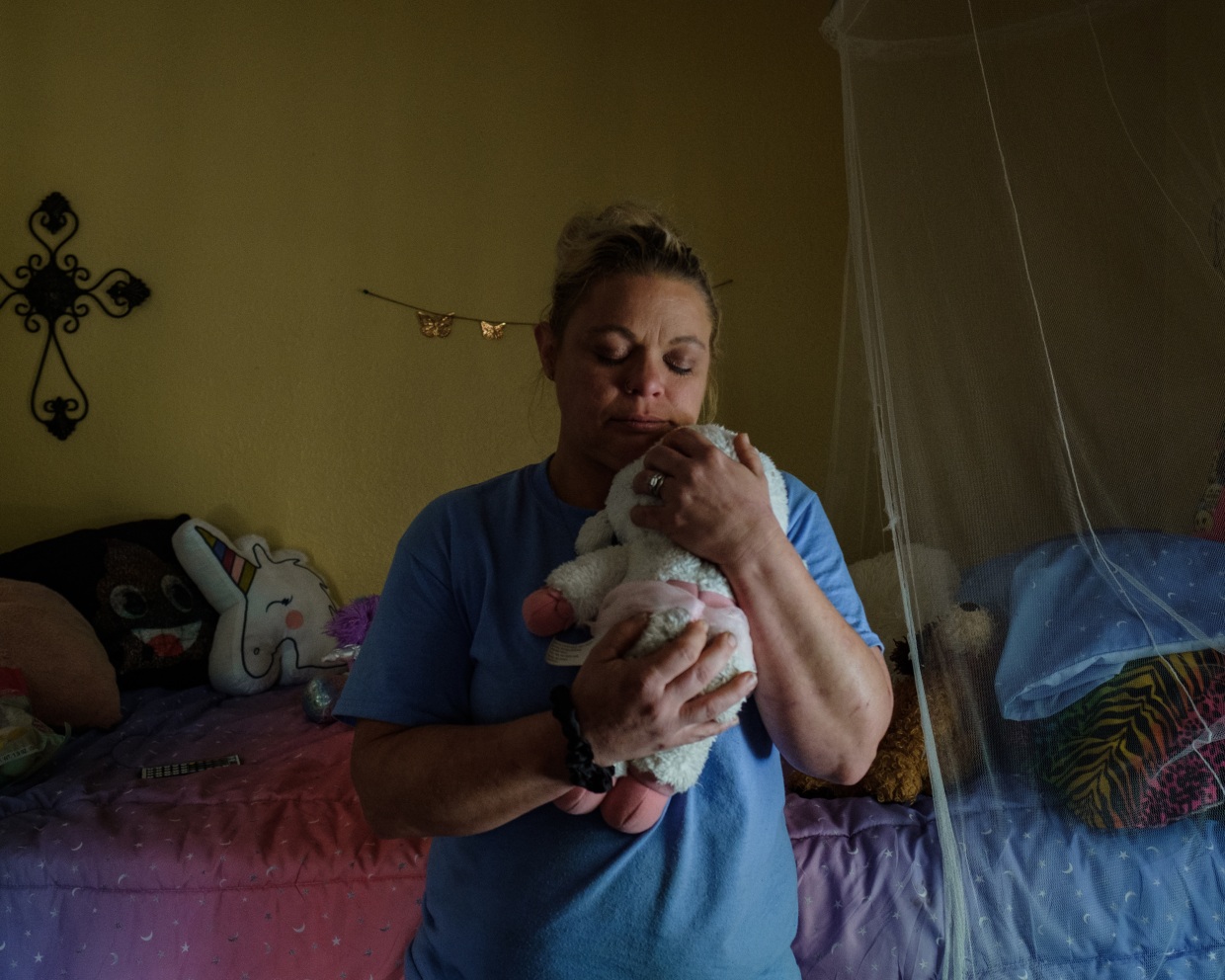
Title: New Study Reveals One in Four U.S. Children Affected by Parental Substance Use
A recent study published in JAMA Pediatrics has uncovered a stark truth about childhood in the United States: nearly 19 million children—approximately one in four—are raised in environments where at least one parent struggles with a substance use disorder (SUD). Conducted by researchers at the University of Michigan, this study, based on 2023 data, highlights a significant increase in these figures compared to prior years, indicating a worsening public health crisis with profound implications for families, communities, and society as a whole.
Increasing Figures, Heightened Alarm
The latest figures report a 2 million rise in the number of affected children since 2020, underscoring a rapid and concerning trend. Sean Esteban McCabe, Ph.D., the study’s lead author and director of the University of Michigan Center for the Study of Drugs, Alcohol, Smoking, and Health, states that this rise signals an urgent requirement for greater access to addiction treatments and early intervention strategies aimed at protecting vulnerable children.
“The fact that one in four children now live with a parent dealing with substance use disorder emphasizes the urgent need to connect these parents to effective treatments, broaden early intervention resources for at-risk children, and minimize the chances that these children will develop substance use problems themselves,” said McCabe.
Alcohol: The Primary Substance of Concern
While substance use disorders encompass a wide range, alcohol remains the foremost concern in homes with parental addiction. The study indicates that 12 million parents qualify for the clinical definition of alcohol use disorder. Other significant insights include:
– 6 million parents qualify for cannabis use disorder
– Close to 2 million children reside with a parent misusing prescription medications
– Approximately 500,000 children are in households with a parent abusing illicit drugs such as heroin, cocaine, or methamphetamine
– 3.4 million parents misuse multiple substances
Worryingly, around 6 million of the affected children are also living in homes where a parent experiences a co-occurring mental health condition, such as major depressive disorder. This combination raises the risk of negative experiences and long-term developmental challenges for these children.
The Long-Term Effects of Parental Addiction
The challenges faced by children in homes affected by substance use are profound and varied. Vita McCabe, M.D., MHSA, co-author and director of Michigan Addiction Treatment Services, emphasized the long-term impacts.
“We know that kids raised in homes with adults facing substance use issues are more susceptible to adverse childhood experiences, are likely to use alcohol and drugs at an earlier age and more frequently, and may be diagnosed with their own mental health disorders,” stated Dr. McCabe.
These children frequently find themselves in environments characterized by instability, neglect, or abuse, leading to higher risks of academic failure, behavioral issues, and early substance experimentation. Without sufficient intervention, these difficulties can create a cycle of addiction and disadvantage across generations.
Data at Risk: An Essential Resource in Danger
The findings of the study are based on the National Survey on Drug Use and Health (NSDUH), a vital federal initiative that has been monitoring substance use trends among Americans since the 1970s. However, the future of this data collection initiative is now at risk.
In April, the entirety of the survey staff received layoff notifications due to budget reductions at the Substance Abuse and Mental Health Services Administration (SAMHSA). The potential cessation of this long-established survey could significantly hinder researchers’ and policymakers’ capabilities to monitor the evolving situation and devise appropriate responses.
Effective Treatments Are Accessible
Despite the daunting statistics, experts assert that evidence-based solutions are available. Proven treatments—including medications like naltrexone and acamprosate for alcohol use disorder, cognitive-behavioral therapy for cannabis misuse, and buprenorphine or methadone for opioid issues—have received clinical validation.
Dr. McCabe also advocates for a stronger focus on integrated treatment programs that tackle both substance use disorders and associated mental health challenges. Family-centered strategies that engage children and holistically support caregivers are crucial in breaking the cycle of addiction through generations.
“This crisis is not unmanageable,” McCabe remarked. “However, it necessitates investment not only in clinical solutions but also in community-level support systems that can identify and intervene early with at-risk families.”
A National Call to Action
Co-author Ty Schepis, Ph.D., an addiction psychologist and professor at Texas State University, reiterated the call for immediate action across all levels of government. The researchers are pushing for enhanced funding for treatment programs, early childhood mental health resources, and targeted outreach to families grappling with addiction.
“This is a crucial moment where data, treatment, and policy must converge to safeguard the next generation,” Schepis stated. “We cannot afford to overlook the magnitude of the issue.”
As the number of children affected by parental substance use continues to climb, this research serves as a call to action.